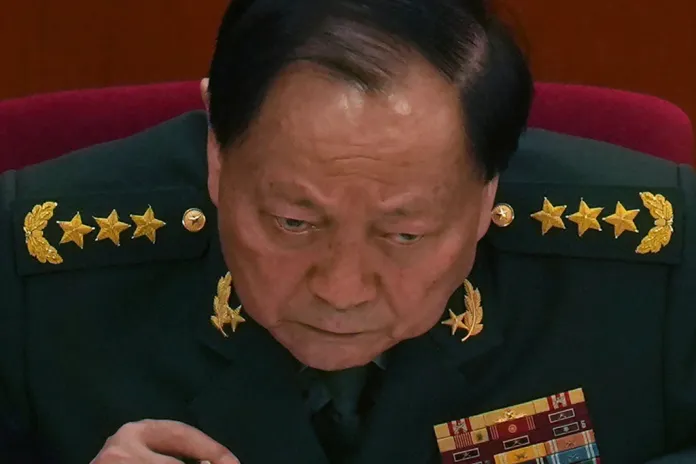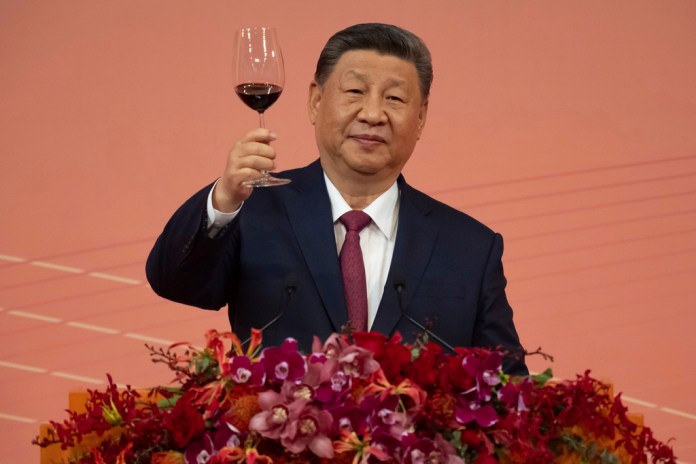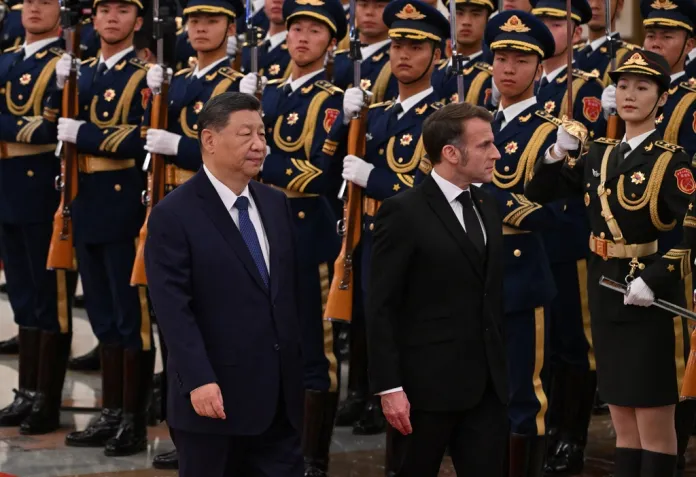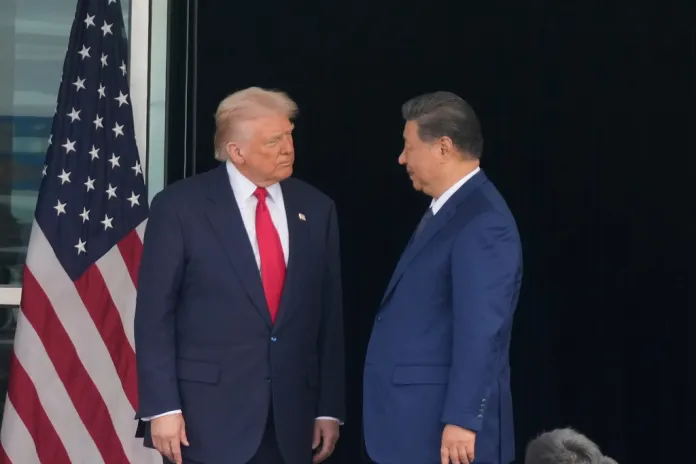Xi takes jab at Dalai Lama in Tibet, says ‘religious affairs’ must ‘adapt to socialist society’
The article reports on Chinese President Xi Jinping’s visit to Tibet to mark the 60th anniversary of Communist Party rule over the region. during his visit,Xi implicitly criticized the Dalai Lama by emphasizing the need for tighter regulation of “religious affairs” and urging Tibetan Buddhism to adapt to socialist society under Communist Party leadership. Xi stressed maintaining political and social stability,ethnic unity,and religious harmony as essential to Tibet’s advancement and prosperity.
The Dalai Lama, Tibet’s former spiritual and temporal leader who fled to India after China’s annexation in 1951, continues to oppose Beijing’s control from exile. He has stated his intention to reincarnate outside China to prevent Communist party interference with his lineage. This contrasts with the Chinese government’s insistence that reincarnations comply with Chinese laws and remain within its borders-a move seen as an effort to control Tibetan religious succession and undermine the Dalai Lama’s influence. Beijing has also appointed a pro-China figure as a rival to the traditional Tibetan spiritual hierarchy.
The underlying conflict reflects China’s broader strategy to assimilate Tibetan buddhism into its socialist framework and suppress separatist sentiments in Tibet by controlling religious leadership and practices.
Xi takes jab at Dalai Lama in Tibet, says ‘religious affairs’ must ‘adapt to socialist society’
Chinese President Xi Jinping took a veiled jab at the Dalai Lama during a visit to Tibet, alluding to a need for greater control over “religious affairs.”
Xi made a surprise visit to Tibet on Thursday to celebrate 60 years of Chinese Communist Party rule over the region. Without explicitly mentioning the Dalai Lama, he told attendees of his address that “religious affairs” must be regulated to help “guide Tibetan Buddhism to adapt to socialist society.”
“To govern, stabilize, and develop Tibet, the first thing is to maintain political stability, social stability, ethnic unity, and religious harmony,” the Chinese paramount leader said.
The Tibetan people, many of whom fled their ethnically distinct nation when it was annexed by the People’s Republic in 1951, remain one of China’s most frustrating sources of separatist sentiment. Until its absorption into the communist state, Tibet was governed by the Dalai Lama as both a spiritual and temporal leader.
Tenzin Gyatso, the 14th and current Dalai Lama, fled following China’s invasion and maintains a government-in-exile inside India, where he continues to voice opposition to the occupation despite now being over 90 years old.
Without explicitly referencing the religious leader, Xi emphasized the need to enforce greater adherence to communist principles and the abandonment of dissident Tibetan religious movements.
“Only under the leadership of the Communist Party of China, by adhering to the path of socialism with Chinese characteristics, upholding the system of regional ethnic autonomy, and following the party’s new-era strategy for governing Tibet, can Tibet achieve prosperity and progress […] and enable the people of all ethnic groups in Tibet to live a happy and healthy new life,” Xi said during his visit to Tibet.
The leader’s call for Tibetan Buddhism to be “guided” into greater alignment with Chinese socialism is a not-so-subtle rebuke of the Dalai Lama’s opposition to the Communist Party — a fight he intends to continue into the next life.
The Buddhist monk wrote in a book released earlier this year that he plans to reincarnate outside of Chinese borders after death in order to prevent his sacred lineage from falling into Beijing’s hands.
“Since the purpose of a reincarnation is to carry on the work of the predecessor, the new Dalai Lama will be born in the free world so that the traditional mission of the Dalai Lama — that is, to be the voice for universal compassion, the spiritual leader of Tibetan Buddhism, and the symbol of Tibet embodying the aspirations of the Tibetan people — will continue,” the Dalai Lama wrote.
The Communist Party — an explicitly atheistic political body — asserts that the rebirth of “living Buddhas” must “comply with Chinese laws and regulations” that mandate their spirits stay within Chinese borders.
A Beijing-approved Dalai Lama, whether genuine or manufactured by the Communist Party, would be a severe strike against the long-term possibility of an autonomous Tibetan state.
DALAI LAMA SAYS REINCARNATION WILL BE OUTSIDE CHINA, CCP SAYS THAT’S ILLEGAL
The details of China’s battle to take control over the Dalai Lama reincarnation line are complex and wide-ranging.
Communist Party officials successfully kidnapped the second-highest lama in Tibetan Buddhism, who typically holds the responsibility for discovering the reincarnation of the Dalai Lama.
Since then, Beijing has appointed its own, hand-selected replacement — a young man named Gyaincain Norbu who is enthusiastically pro-communist and pro-China.
" Conservative News Daily does not always share or support the views and opinions expressed here; they are just those of the writer."




